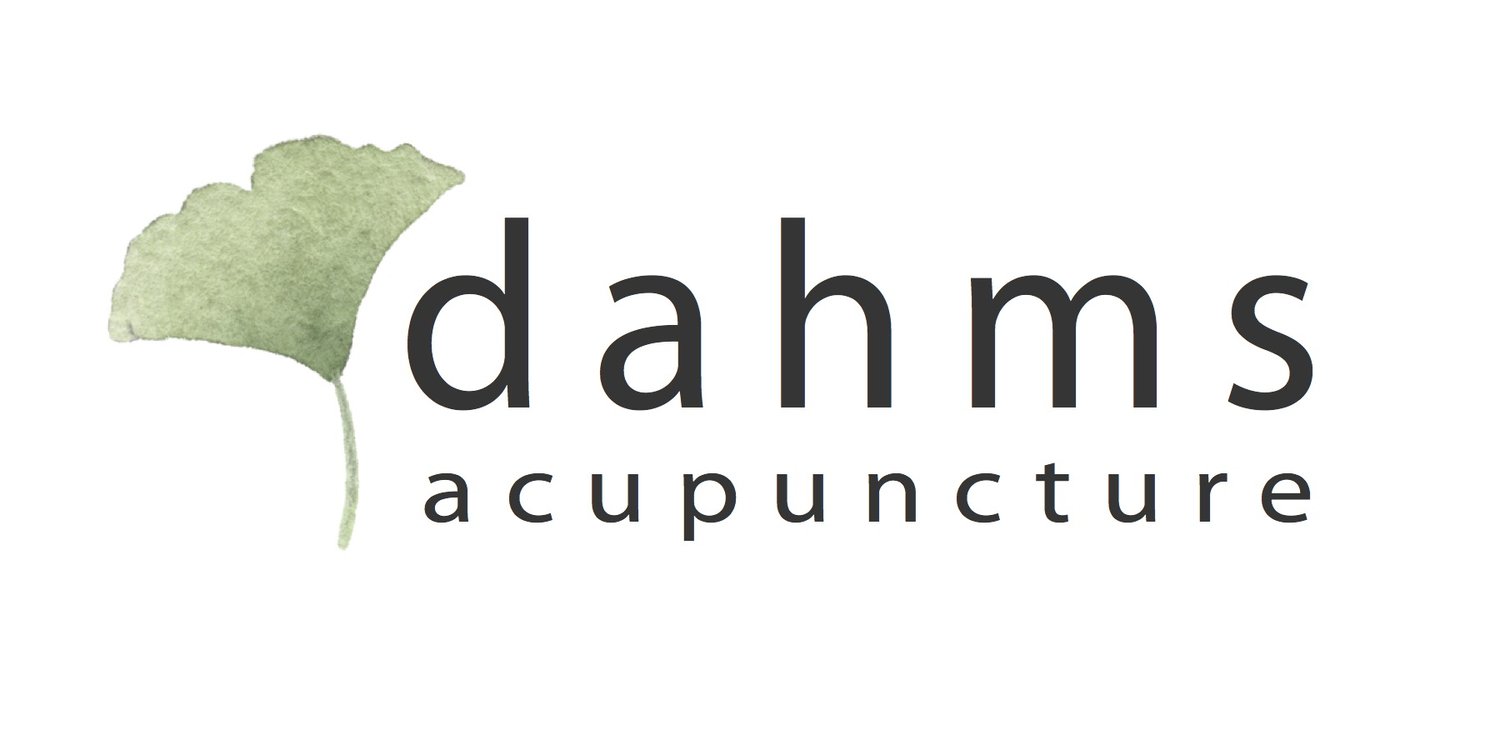Understanding Chinese Herbs and Liver Toxicity
/Chinese herbs have been used for centuries to promote health and treat various ailments. These herbal remedies have gained popularity worldwide due to their potential benefits, but they have also raised concerns about potential side effects, including liver toxicity. In this post, we will delve into the complex relationship between Chinese herbs and liver health, shedding light on what you need to know to make informed decisions about their use.
The Rich Tradition of Chinese Herbal Medicine:
Chinese herbal medicine is an integral part of Traditional Chinese Medicine (TCM), which dates back thousands of years. TCM is based on the concept of balance and harmony within the body, and herbal remedies are chosen to restore this balance. Chinese herbs are often prescribed as part of a holistic approach that includes acupuncture, dietary therapy, and lifestyle modifications.
Chinese Herbs and Liver Toxicity:
Rare Cases of Toxicity: While Chinese herbs are generally considered safe when prescribed by trained practitioners, there have been rare cases of liver toxicity associated with their use. These cases are often attributed to factors such as improper herb selection, dosage, or individual sensitivity.
Quality and Contamination: One potential source of liver toxicity is the quality and purity of herbal products. Adulteration or contamination with heavy metals, pesticides, or pharmaceutical drugs can pose serious health risks. Therefore, it's essential to source herbs from reputable suppliers.
Individual Variability: Just like with pharmaceutical drugs, individuals may respond differently to herbal treatments. Some people may be more susceptible to liver reactions due to genetic factors or pre-existing liver conditions.
Interactions with Medications: Chinese herbs can interact with prescription medications, potentially leading to liver problems. It's crucial to inform your healthcare provider about all the herbs and supplements you are taking to avoid potential interactions.
Prevention and Safe Use:
Consult a Qualified Practitioner: The key to safe and effective use of Chinese herbs is to consult a licensed and experienced TCM practitioner. They can assess your individual health needs and recommend appropriate herbal formulations.
Quality Assurance: Ensure that the herbs you use are of high quality and have undergone rigorous testing for purity and safety. Look for products that have been certified by reputable organizations.
Monitoring and Communication: If you are using Chinese herbs, regularly monitor your liver function through blood tests. Maintain open communication with your healthcare provider to address any concerns or potential side effects promptly.
Diet and Lifestyle: Adopt a healthy lifestyle and dietary habits that support liver health. This includes reducing alcohol consumption, avoiding processed foods, and managing stress.
Conclusion:
Chinese herbs can be a valuable part of a holistic approach to health and wellness, but like any form of medicine, they should be used with caution and under the guidance of qualified practitioners. Concerns about liver toxicity are valid, but they are relatively rare and can often be mitigated through responsible use, quality assurance, and close monitoring. By taking these precautions, individuals can harness the potential benefits of Chinese herbs while minimizing the risks to their liver health.









